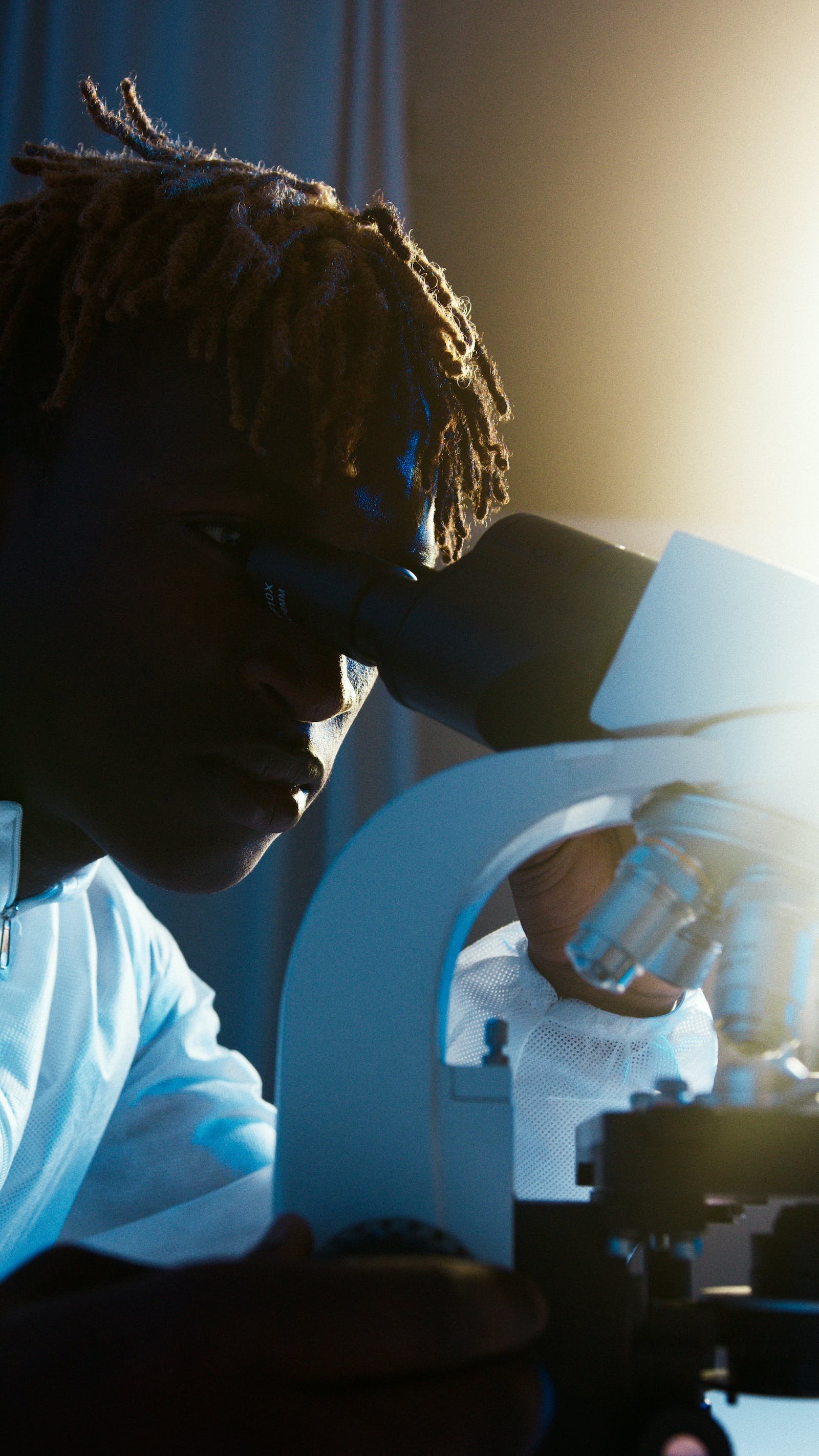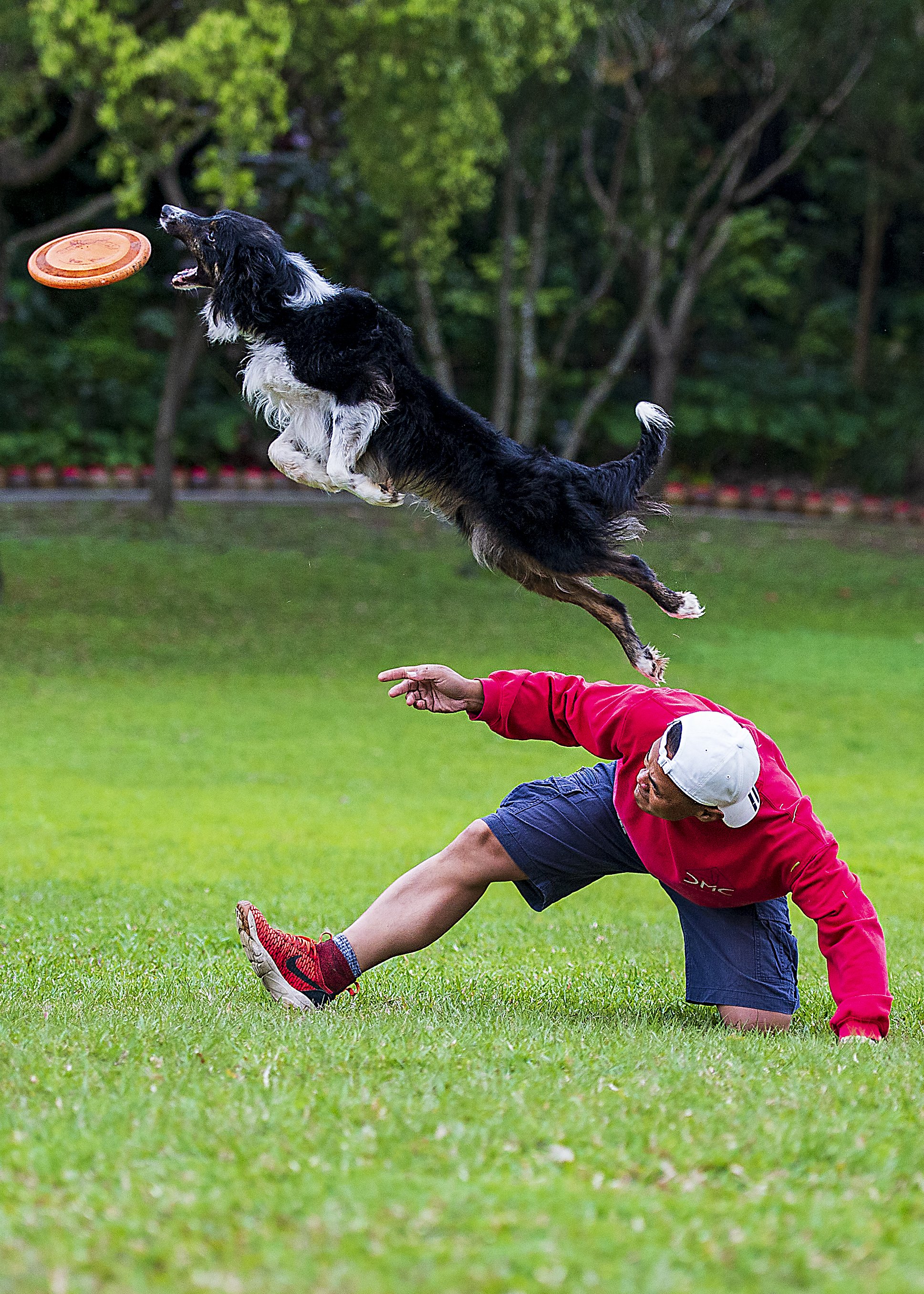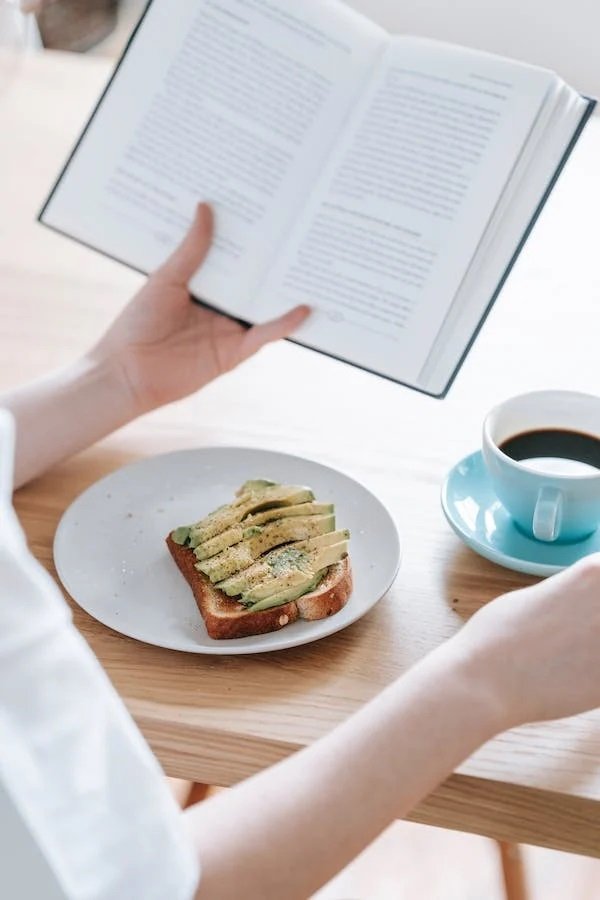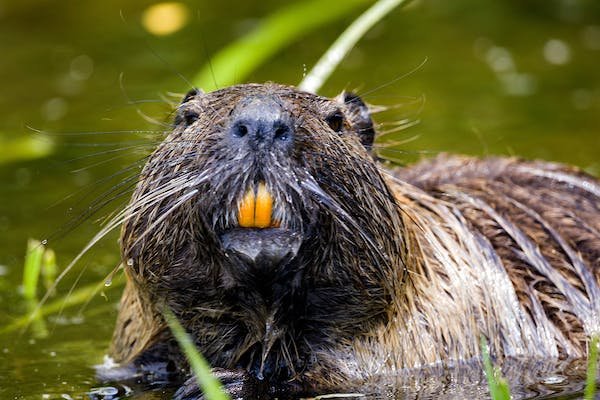KBLOGS Start Below Subscribe Box
For traditional and homeschool STEM teachers and parents: Short to-the-point and easily applied STEM activities to enhance the curiosity and creativity of students. Help your students NOW to become innovators and inventors preparing them for life and exciting and meaningful careers in STEM.
KBLOG
Richard Kurtz is an award-winning science educator, teaching in New York for almost 40 years. Originally from Toronto, Canada, he received his bachelor’s and master’s degrees from the University of Waterloo, where he also played college basketball. He trains teachers and works with homeschoolers to engage students in creative, dynamic learning as well running Advanced Placement Biology workshops as a College Board consultant. His workshops, which have a cooperative, fun, and relaxed atmosphere are geared to help teachers to creatively engage their students in “real” science. Richard has had extensive experience working with teachers, parents and students in developing hands-on science activities in biology, science research and inventing both in person and virtually. He is currently a semi-retired educational consultant who is passionate about helping teachers and parents learn and apply strategies to help their students unlock their potential as innovators. He lives with his wife , two dogs (Maya and Bear), and honey bees near a beaver pond in Hudson Valley New York
Contact Rich
rkurtz3@k12stemspace.com

KBLOG ALERT: NASA and Thomas Edison Pitch
KBLOG ALERT?
Opportunities and activities to assist students and teachers in the fileds of invention and space science.

KBLOG 40: STEM Competions that Overcome, Money, Space and Time Constaints (K-12)
KBLOG 40: STEM Competions that Overcome, Money, Space and Time Constaints (K-12)
How can you spark the creative interest of STEM in young people? What can students do to make classroom factual learning and hands-on experiences meaningful in a way that students can connect the classroom and the world outside. I absolutely know that STEM competitions are one of the best ways for students to express their interest, enthusiasm and talent in the various fields of STEM.

KBLOG 39: START LOOKING NOW! The Not-So-Secret Secrets to Amazing Internships for Students and Teachers
KBLOG 39: START LOOKING NOW! The Not-So-Secret Secrets to Amazing Internships for Students and Teachers
Many of my students, myself included participated in internships, usually over the summer. The students express that their internships were the pivotal high school event helping them to in develop and determine their interests and career paths.

KBLOG 38 The AI Elephant in the Classroom: Part 5: Lets Catch Up
KBLOG 38: KBLOG 17: The AI Elephant in the Classroom: Part 5: Lets Catch Up
There is a ton of information being generated quickly people and AI platforms that address student learning at the K12 level. This KBLOG contains excellent AI resources for educators that can be used immediately and easily.

KBLOG 37: Be THAT Inspiring Teacher: Two Different Shoes, Facts, Skills and INTANGIBLES
KBLOG 37: Be THAT Inspiring Teacher: Two Different Shoes, Facts, Skills and INTANGIBLES
Teaching revolves around three things, facts, skills and the INTANGIBLES. The INTANGIBLES are not forgotten, they teach students about goodness, caring and determination. How can you make the intangibles your most powerful teaching skill?

KBLOG 36: Summer Break: Back in August
The Challenge: How do you get fresh ideas for the next school year? A Solution: Read, Relax and Think.
I have had so much working on my KBLOGs. I am so grateful to all my subscribers. I decided to take a lot of the summer off from blogging. I have a lot of garden work and I am studying and preparing for an oral, practical and written exam to become a Master Beekeeper from Cornell University. I have to take the tests during the summer.

KBLOG 35: The Titanic Tinfoil Boat
Combining a hands-on experience with a light-hearted competition is a great recipe to introduce the scientific method to students. I have students make and test foil boats so students can naturally find their way through the scientific method. Further details are found in KBLOG 35

KBLOG 34: Airborne Academics: A “Crash” Course in Learning with Paper Airplanes, where Failure is the Only Option!
Combining a hands-on experience with a light-hearted competition is a great recipe to introduce the scientific method to students. I have students make and test paper airplanes which is a gateway to a natural understanding of the scientific method besides being a lot of fun. Further details are found in this KBLOG.

KBLOG 33: Unleashing Creativity: Tips for Helping Students Birth Innovative Ideas: 4. The Frisbee, Windshield Wipers, Microwave and the Super soaker!
To most students, at first, inventing something seems like a huge and almost impossible mountain to climb. An effective way to help students on their invention journey is to have them explore the different routes that inventors of familiar products took to arrive at a successful product. This KBLOG highlights the invention of the Super Soaker, Microwave, Windshield Wiper and Frisbee.

KBLOG ALERT: Some Upcoming Opportunities for You and Your Students
KBLOG ALERT?
Check out these timely amazing teacher/parent/student STEM Ed opportunities, the magic of ordinary people as inventors, NASA photo contest and properties of water in outer space.

KBLOG 32: Unleashing Creativity: Tips for Helping Students Birth Innovative Ideas: 48 Hours of Problems and Dare to Invent
A solution, based on an invention, is derived from a problem. Any invention or creative solution is born out of the ability of a person to recognize a problem. This KBLOG introduces an assignment to help students recognize problems, called Forty-eight Hours of Problems. For 48 hours students write down every challenge or problem that they or others encounter in their everyday lives.

KBlog 31: Unleashing Creativity: Tips for Helping Students Birth Innovative Ideas: 3. Tumbling Toast, Cheerios and Spilled Coffee: The Unlimited Universe of Science Questions from Everyday Life
Your students do not have to have a fancy lab, a huge budget, or high-end equipment to do great science. There are only two requirements. Those are the ability to observe and to be curious about what is observed. KBLOG 31 offers material to support student observation skills and curiosity.

KBlog 30 :Unleashing Creativity: Tips for Helping Students Birth Innovative Ideas: 2. Obscure and Odd Books
No matter what the project or experiment is, it is important to offer students the guided opportunities to take ownership of a self-generated idea. The educator’s job is to guide students and help them realize that all their questions have validity and with hard work and patience it is possible to find project ideas. This KBLOG is about finding obscure and odd books to help with idea generation.

KBLOG ALERT: Project Invent: A Free Curriculum and a Fellowship Program for Educators
KBLOG ALERT?
Facilitating an invention course involves creativity, innovation, teamwork, hands-on experience, independence, not being test driven, and fun challenges. I was amazed by what students could create and make real. I have been following a group called Project Invent for a while. They just came out with a free curriculum and fellowship opportunity that you may want to look at in this KBLOG ALERT.

KBLOG 29: Unleashing Creativity: Tips for Helping Students Birth Innovative Ideas. 1. Finding the Passion
There is always a collective groan when I tell students that they have to develop a science project or design an experiment. They DO NOT relish this “opportunity.” To them it is a burden not an opportunity. Inevitably because of my approach the burden evolves into the opportunity that I envision for them. This KBLOG examines one part of my approach, PASSION, an ingredient needed for new ideas.

ALERT NOTICE: Beavers from Space! Dedicated to my Canadian Family and Friends
KBLOG ALERT?
Interesting, exciting and timely educational material often catches my attention. This includes upcoming webinars and science competition announcements. When I do find any time-sensitive material relevant to helping educators and their students I will pass those on in my KBLOG ALERTS. GeneLab for High Schools

KBLOG 26: The AI Elephant in the Classroom: Part 5: Five Very Practical Ways K-12 Educators/Parents/Homeschoolers Can Use AI Right Away!
ChatGPT has resulted in a lot of discussion among educators about what the effect of AI will have on education. The concerns are immediate and serious as the use of AI by students and educators is accelerating in both negative and positive ways. In this KBLOG I followed the paper written by Mollick and Mollick, 2023 and came up with five of my own prompts for an Advanced Placement Biology class. The ChatGPT output is fascinating and helpful.

ALERT NOTICE: National Summer Teacher Institute: United States Patent and Trademark Office Due in a couple of days!
KBLOG ALERT?
Interesting, exciting and timely educational material often catches my attention. This includes upcoming webinars and science competition announcements. When I do find any time-sensitive material relevant to helping educators and their students I will pass those on in my KBLOG ALERTS. GeneLab for High Schools

KBLOG 25: Ten Practical Ways to Enhance the Buzz and Fun in Your Science Classroom
When I started out as a teacher, it was a struggle. I was not connecting to the students; most did not care about the course material. This inevitably led to discipline problems. I eventually realized there are innumerable ways of shaping a group of students so that they want to be in your classroom, are interested in learning, are respectful of the teacher, and fellow classmates. In this KBLOG I offer ten fun examples on how to create a top-notch classroom environment where students want to be. are ten other examples. — K12STEMspace: Teaching STEM to Your Children & Students

KBLOG 24: Not Exactly Your Average Take Out Lunch
Educators and parents check out “science take out”, a company that produces inexpensive, practical, relevant and hands-on life science kits for k-12 students. These kits solve many practical problems for teachers and parents who want to make science real for their students.
